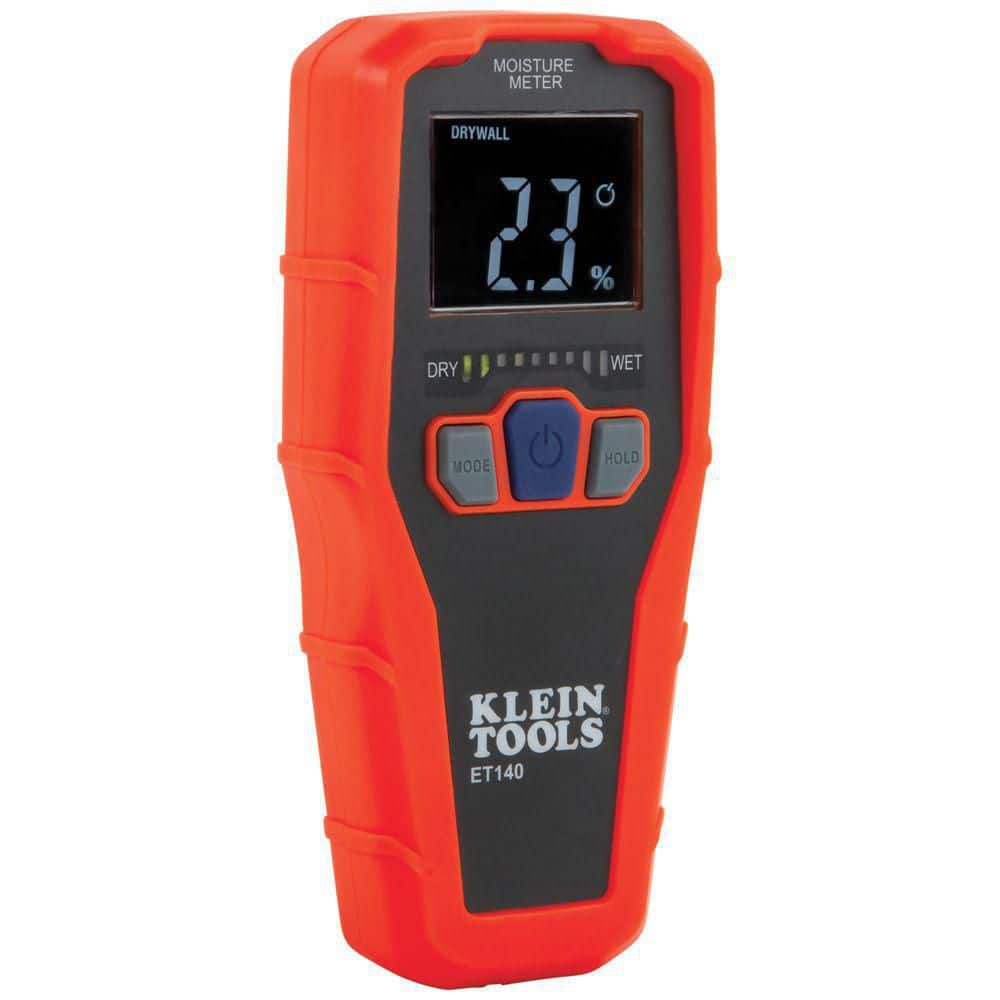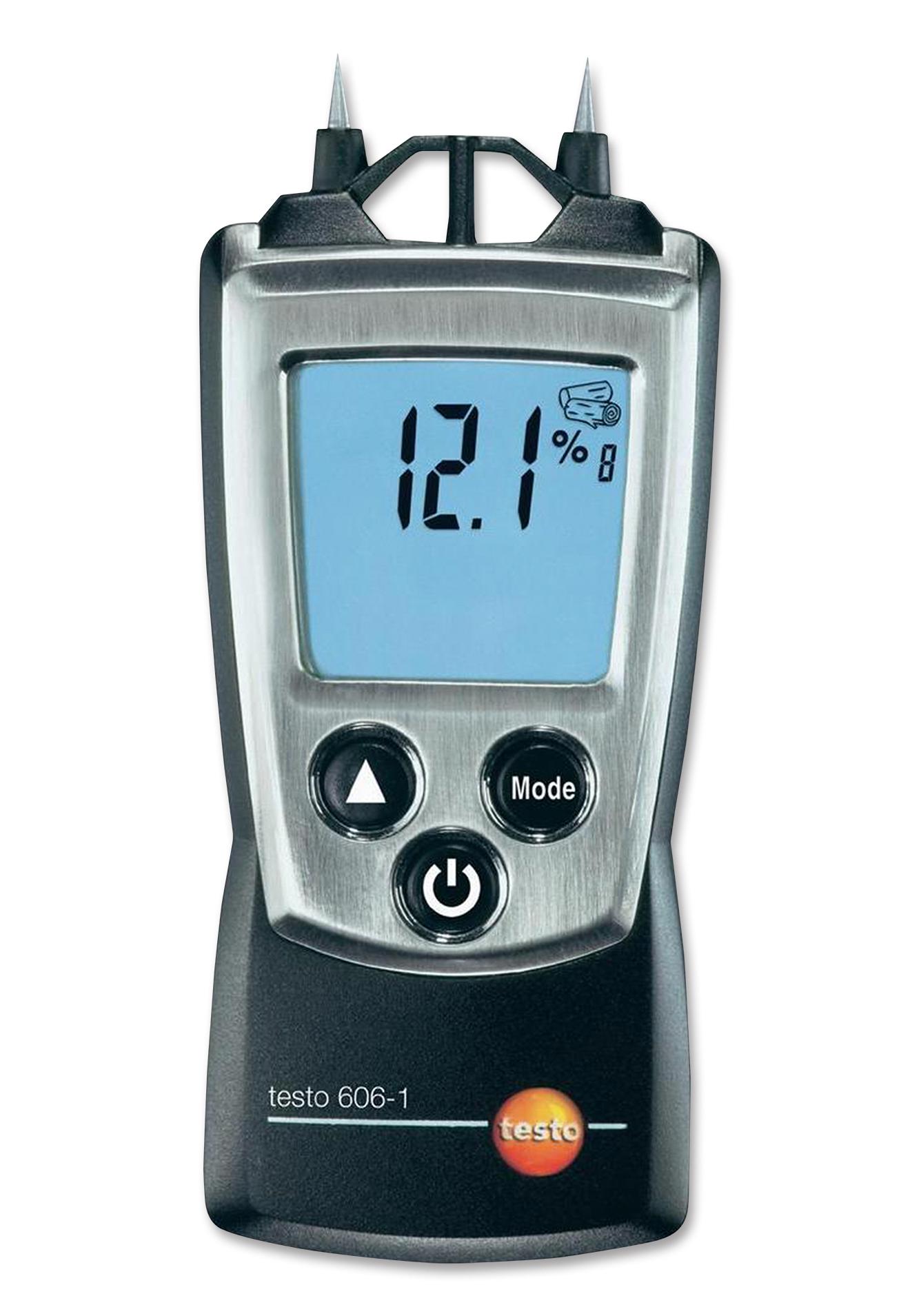Moisture Meter Purchasing Overview: What to Search for in High-Quality Instruments
Moisture Meter Purchasing Overview: What to Search for in High-Quality Instruments
Blog Article
The Ultimate Guide to Moisture Meters: A Comprehensive Overview and Just How They Can Conserve You Money
In the realm of structure upkeep, building and construction, and numerous sectors, the value of precisely gauging wetness degrees can not be overstated. Dampness meters function as important tools in identifying and checking moisture web content in products, assisting in preventing pricey damages and guaranteeing the quality of items. Recognizing the subtleties of different kinds of moisture meters, their applications, and the prospective cost-saving benefits they supply can be a game-changer for services and specialists alike. Discovering how these gadgets can not just streamline procedures yet also add to financial cost savings is a journey worth starting.
Kinds of Moisture Meters
Different kinds of moisture meters are readily available for various applications in different sectors. One usual type is the pin-type moisture meter, which measures the electrical resistance between 2 pins inserted into a product. This type is appropriate for wood, drywall, and other building materials. Pinless wetness meters, on the other hand, usage electro-magnetic sensing unit plates to scan a bigger location without creating damages to the material's surface. These meters are ideal for rapidly evaluating wetness degrees in big areas such as wall surfaces and floorings.
Infrared moisture meters gauge the thermal homes of a product to determine its dampness material non-invasively, making them valuable for applications where pin or pinless meters may not be suitable. Comprehending the various kinds of moisture meters available can aid industries pick the most ideal device for their specific wetness dimension needs.

Benefits of Utilizing Moisture Meters

Furthermore, utilizing wetness meters can cause boosted power performance. By identifying locations with high dampness levels, such as leaks or bad insulation, changes can be made to enhance energy conservation and reduce utility costs. In agricultural setups, wetness meters play a vital duty in optimizing crop returns by enabling farmers to keep track of soil wetness levels and make informed watering choices. Overall, the benefits of making use of wetness meters span across different industries, offering economical options and advertising far better quality assurance methods.
Just How to Choose the Right Moisture Meter
Choosing the ideal dampness meter involves taking into consideration key factors such as material compatibility, dimension range, and calibration precision. When choosing a wetness meter, it's necessary to make certain that the meter appropriates for the specific product you will certainly be testing. Various products have differing electric residential or commercial properties that can affect wetness readings, so selecting a meter designed for your material is critical for exact outcomes. Furthermore, think about the measurement variety of the wetness meter. Ensure that the meter can spot wetness degrees within the range required for your applications. Calibration accuracy is one more critical variable to remember (Moisture Meter). Choose for a dampness meter with reputable calibration to ensure constant and precise analyses. Some meters may need periodic calibration changes, so comprehending the calibration process is essential. By meticulously assessing these factors, you can select a wetness meter that satisfies your needs and provides exact dampness measurements for your projects.
Appropriate Strategies for Moisture Meter Use
To guarantee precise dampness readings and optimize the efficiency of a wetness meter, employing correct methods is vital. When using a pin-type moisture meter, insert the pins or probes right into the material being tested until they make complete contact. Make certain the pins are vertical to the surface to get the most specific reading. For pinless wetness meters, hold the device flat versus the product and move it gradually to cover the whole location for an average analysis. It's crucial to calibrate the wetness meter according to the material being evaluated to enhance accuracy. Take multiple analyses throughout the surface and ordinary them out for a much more reliable result. In addition, guarantee that the material being tested is accustomed to the atmosphere to stop manipulated readings. Regular maintenance of the moisture meter, such as cleaning the pins or sensing unit, is likewise crucial to ensure consistent and accurate analyses. By adhering to these appropriate methods, users can rely upon their dampness meter to supply reliable dampness levels, aiding in stopping expensive damages or ensuring quality in numerous applications.

Expense Cost Savings Via Moisture Meter Applications
Just how can the calculated application of wetness meters result in significant price savings throughout numerous sectors? Moisture meters from this source play an important duty in cost savings by avoiding potential damages and making sure quality control in various sectors. In the farming sector, dampness meters help in identifying the ideal time for harvesting crops, stopping excess or over-drying dampness that can affect the last item's quality. This exact monitoring helps farmers stay clear of unnecessary losses and maximize their yield.

Furthermore, in the food processing sector, moisture meters are important for keeping track of item quality and guaranteeing conformity with safety and security regulations. By properly determining wetness content in food products, suppliers can avoid perishing, keep quality, and decrease waste, causing considerable price savings. In general, the critical application of moisture meters is a beneficial financial investment that can lead to substantial cost decreases and boosted performance throughout various markets.
Final Thought
To conclude, moisture meters are valuable tools for measuring and identifying moisture levels in various products. By using the ideal dampness meter and adhering to proper techniques, individuals can effectively stop pricey damages triggered by excess moisture. Purchasing a quality dampness meter can cause significant price financial savings over time by identifying potential issues beforehand and making it possible for timely remediation. Eventually, moisture meters are important instruments for keeping the honesty and longevity of structures and materials.
Wetness meters serve as indispensable tools in detecting and monitoring moisture web content in products, helping in stopping costly problems and guaranteeing the high quality of products. Infrared dampness meters determine the thermal residential or commercial properties of a material to establish its wetness material non-invasively, making them valuable for applications where pin or pinless meters might not be ideal.Wetness meters supply very useful advantages in properly checking and examining wetness levels in varied products and environments. In farming setups, dampness meters play an important duty in maximizing crop yields by allowing farmers to monitor dirt moisture levels and make informed watering decisions.In final thought, moisture meters are useful this page devices for detecting and measuring moisture levels in various materials.
Report this page